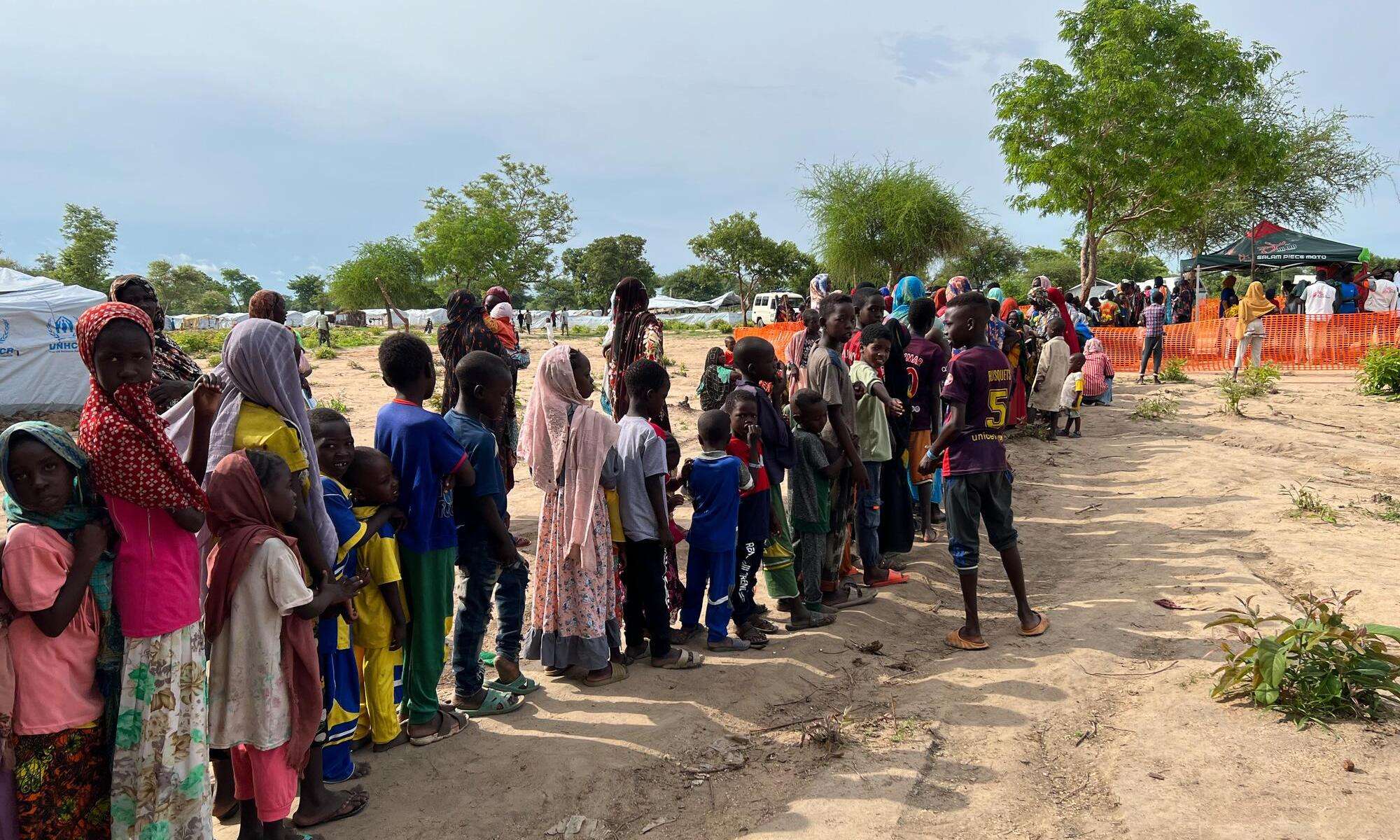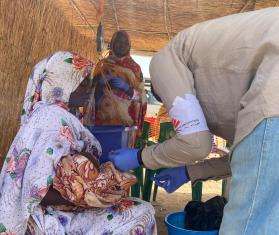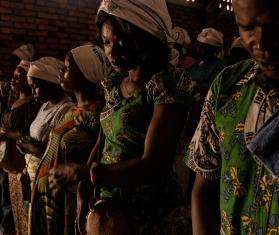Doctors Without Borders/Médecins Sans Frontières (MSF) teams have vaccinated more than 7,000 children against measles and other diseases in northern Central African Republic (CAR) to increase health protection for the local community and Sudanese refugees who have been relocated to the city of Birao.
For five days between July 6 and 10, MSF teams vaccinated children from six months to 15 years old in and around Birao, the capital of Vakaga prefecture. The campaign followed a measles epidemic alert reported before the arrival of refugees in Birao.
"In addition to measles, we have included other antigens against pneumococcal, tetanus, and diphtheria, in order to strengthen immunity for children so they are protected against these preventable diseases," explained Nathanael Mwamba, medical leader of the MSF emergency team.
"The precarious and crowded living conditions within the camp and the increasing pressure on local resources are factors that can cause the spread of disease."
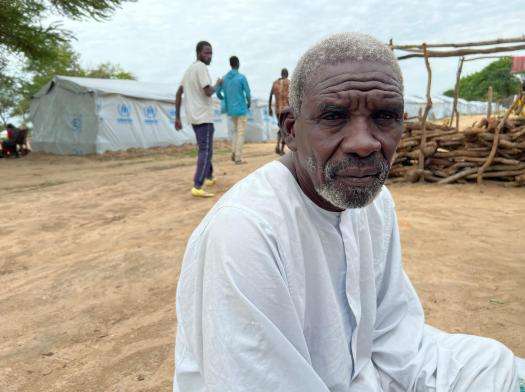
Adam Idriss Moussa. CAR 2023 © Vivien Ngalangou/MSF
"At first, when conflict broke out on April 15, I thought that a quick solution would be found. But because of the scale of the fighting in Khartoum and other regions, I made the decision to protect my family from the atrocities. So we crossed the border to the Central African Republic and registered as refugees."
After the conflict in Sudan began in mid-April, 13,800 people fled to CAR, according to the UN. Most are Sudanese refugees, but this figure also includes Central African nationals who had fled their country during different periods of crisis in the past.
While the first refugees chose to settle in the border town of Am-Dafock to reduce the distance that separated them from their relatives in Sudan, the Central African government decided to relocate them to the Korsi camp in Birao. So far, 1,200 people have been relocated to the camp, which is safer for displaced people and more accessible to humanitarian organizations. However, most of the refugees are women and children and many are reluctant to relocate without the consent of the head of their family.
As a result, 90 percent of refugees remain at the border, with insufficient assistance because very few humanitarian organizations are working there.
"From Nyala [Sudan] to Birao, we suffered. Thank God my family and I arrived safely. We have not yet been assigned a tent and my children are exposed to dangers such as reptiles and diseases. My daughter had a fever this morning. After seeing the doctor, she received free medicine and at the moment she is getting better."

Yahya Youssouf and his family. CAR 2023 © Vivien Ngalangou/MSF
“In the Korsi refugee site, anyone can fall ill," said Adam Idriss Moussa, a Sudanese refugee and father of eight children. "Here we are exposed to scorpions and snakes, and with the rain starting to fall, we are preparing for the worst because of the risk of malaria and other diseases."
In order to support the refugees continuing to arrive, MSF launched an emergency response in the camp in early May. MSF currently runs a health post within Korsi focused on pediatric care, where teams carry out about 200 consultations per week for illnesses such as acute respiratory infections, malaria, and intestinal parasites.

Sudan crisis response
Read moreMSF also provides mental health support, as many of the refugees have experienced violence, loss of loved ones, and other traumas. Between May 12 and July 10, MSF teams carried out 1,154 medical consultations and reached 1,463 people with important information about mental health.
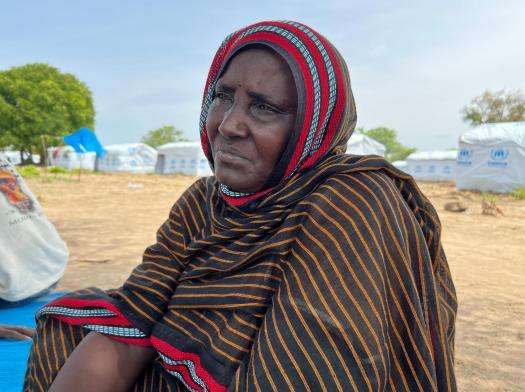
Awa Ousman Ali Moustapha. CAR 2023 © Vivien Ngalangou/MSF
"I am with my two older boys here—one is 16 and the other is 18. As they are teenagers, I was afraid I would lose them or they would be taken by force to fight, which is why I decided to take them out of Sudan. We traveled the 250 km [over 155 miles] between Nyala and Am-Dafock on a three-wheeled motorcycle and took a UNHCR truck the rest of the way to Birao.
"I think a lot about my four children who stayed in Sudan with their uncle. Anyone can fall sick here because our living conditions are very difficult. We have no money and we can’t work for an income. We depend on NGOs for essential health care."
MSF is also providing support to the Birao district hospital, increasing its capacity in preparation for a possible influx of wounded refugees. Critical cases are stabilized and transported by plane to the capital, Bangui, for necessary specialized care.
